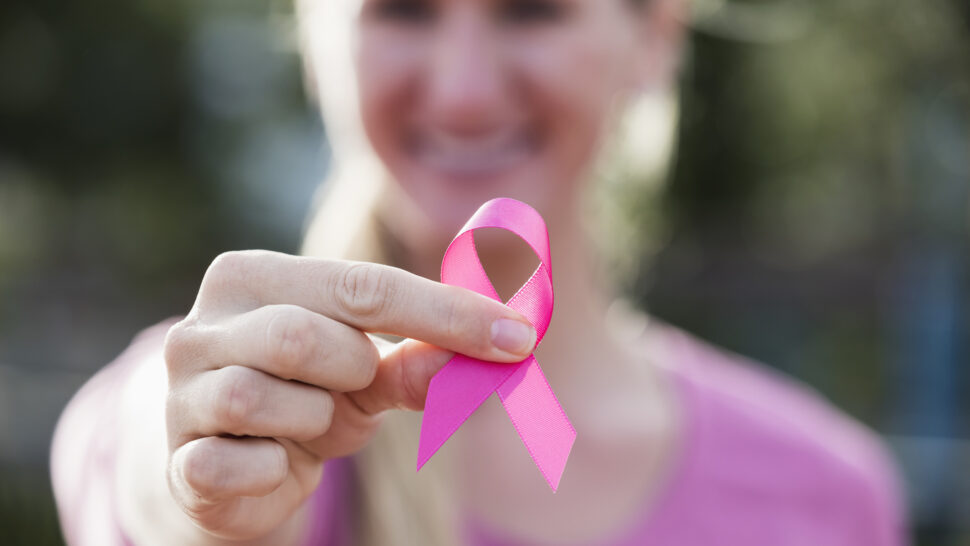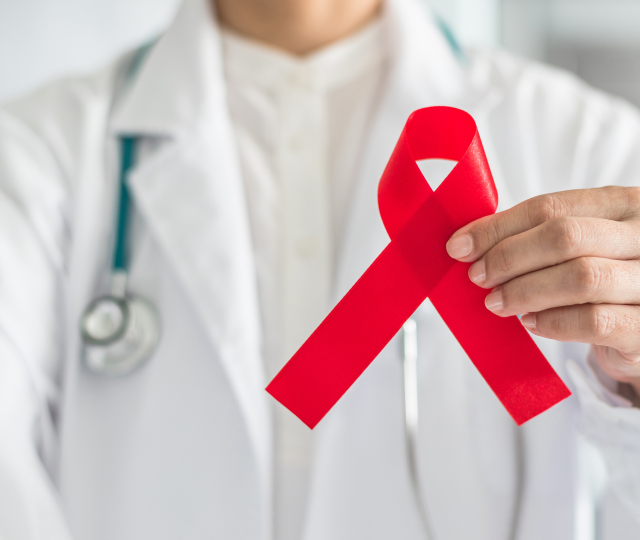
Breast cancer has long been one of the most common and challenging diseases faced by millions of people worldwide. Despite significant progress in treatment and early detection, the battle against this condition continues. However, the year 2025 is expected to bring exciting advancements in breast cancer treatment that could change the landscape forever. Here’s a sneak peek at the future of breast cancer care, highlighting breakthroughs that are poised to transform outcomes for patients everywhere.

1. Personalized Medicine: A Tailored Approach to Treatment
Gone are the days of a one-size-fits-all approach. In 2025, personalized medicine will take center stage in breast cancer treatment. Through advanced genetic profiling, doctors will be able to tailor therapies based on the individual characteristics of each patient’s tumor. This means better outcomes, fewer side effects, and more effective treatments.
Genomic testing will allow oncologists to identify the mutations driving the cancer, enabling the use of targeted therapies that attack only the cancerous cells, sparing healthy ones. This precision approach offers hope for more effective, less invasive treatments and could potentially reduce the need for aggressive chemotherapy.
2. Immunotherapy: The Game-Changer in Cancer Treatment
Immunotherapy is already showing promising results in treating various cancers, and by 2025, it is expected to play a pivotal role in the fight against breast cancer. This groundbreaking treatment works by harnessing the body’s own immune system to recognize and destroy cancer cells. New immunotherapies, including checkpoint inhibitors and cancer vaccines, are showing great promise in not only shrinking tumors but also preventing recurrences.
For breast cancer patients with specific genetic markers, immunotherapy could be used as a first-line treatment, replacing the need for traditional chemotherapy or radiation. This shift toward immunotherapy will not only improve survival rates but also significantly reduce the side effects commonly associated with other forms of cancer treatment.
3. Artificial Intelligence in Early Detection
Early detection remains one of the most powerful tools in the fight against breast cancer. In 2025, artificial intelligence (AI) is set to revolutionize how doctors detect and diagnose the disease. By using machine learning algorithms, AI can analyze mammograms, ultrasound images, and biopsies with incredible accuracy—often detecting tumors in their earliest stages, even before they can be seen by the human eye.
AI-powered tools are also being developed to predict the likelihood of breast cancer recurrence, helping oncologists make more informed decisions regarding treatment plans. These innovations will lead to earlier, more accurate diagnoses and more targeted interventions, offering patients the best possible chance for successful treatment.
4. Minimally Invasive Surgery
Surgery is often a critical part of breast cancer treatment, but in 2025, advancements in minimally invasive techniques will make recovery faster and less traumatic. Robotic surgery and laparoscopic techniques are already improving outcomes, but new technologies are emerging that will allow for even smaller incisions, less tissue damage, and quicker healing.
This means that breast cancer patients will spend less time in the hospital, experience less pain, and have a lower risk of complications. The ability to remove tumors with greater precision will also reduce the need for extensive lymph node removal, which can have long-term side effects.
5. New Drug Formulations and Therapies
The pharmaceutical industry is constantly evolving, and in 2025, there are several new classes of drugs expected to make waves in breast cancer treatment. Novel hormonal therapies, targeted therapies, and anti-cancer drugs are being developed to work against specific types of breast cancer, including triple-negative breast cancer, which is notoriously difficult to treat.
One promising area is the development of antibody-drug conjugates (ADCs), which deliver targeted chemotherapy directly to cancer cells, minimizing damage to healthy tissues. These innovative therapies are likely to increase survival rates, reduce side effects, and improve the overall quality of life for patients.
6. Gene Editing and Advanced Biotechnology
Gene editing technologies, such as CRISPR, hold the potential to revolutionize the treatment of breast cancer. By directly modifying the genetic code of cancer cells, scientists are exploring ways to correct mutations that drive tumor growth or make cancer cells more susceptible to existing treatments.
While gene editing for breast cancer is still in the experimental stages, early studies have shown encouraging results. If these technologies continue to advance, we could see a future where scientists can 'reprogram' cancer cells, making them more responsive to treatment and less likely to develop resistance.
7. Holistic and Integrative Approaches
In addition to conventional medical treatments, 2025 may see a greater integration of holistic and complementary therapies. As patients seek more personalized care, there is growing interest in treatments that combine Western medicine with alternative therapies, such as acupuncture, mindfulness, nutrition, and stress reduction techniques.
While not a replacement for traditional treatments, integrative approaches can improve overall well-being, reduce side effects, and enhance the body’s ability to cope with cancer. Expect to see more healthcare professionals embracing a whole-body approach to care in the coming years.
Conclusion: Hope on the Horizon
Breast cancer treatment is entering an exciting new era, where innovations in personalized medicine, immunotherapy, artificial intelligence, and gene editing offer hope for better outcomes. By 2025, the landscape of breast cancer care will be dramatically different, providing patients with more options, fewer side effects, and a better quality of life.
If you or a loved one is facing breast cancer, stay informed and empowered by the progress that’s on the horizon. With each new discovery, the possibility of a cure becomes more and more achievable, bringing us closer to a future where breast cancer is no longer a life-threatening disease but one that is fully treatable.







